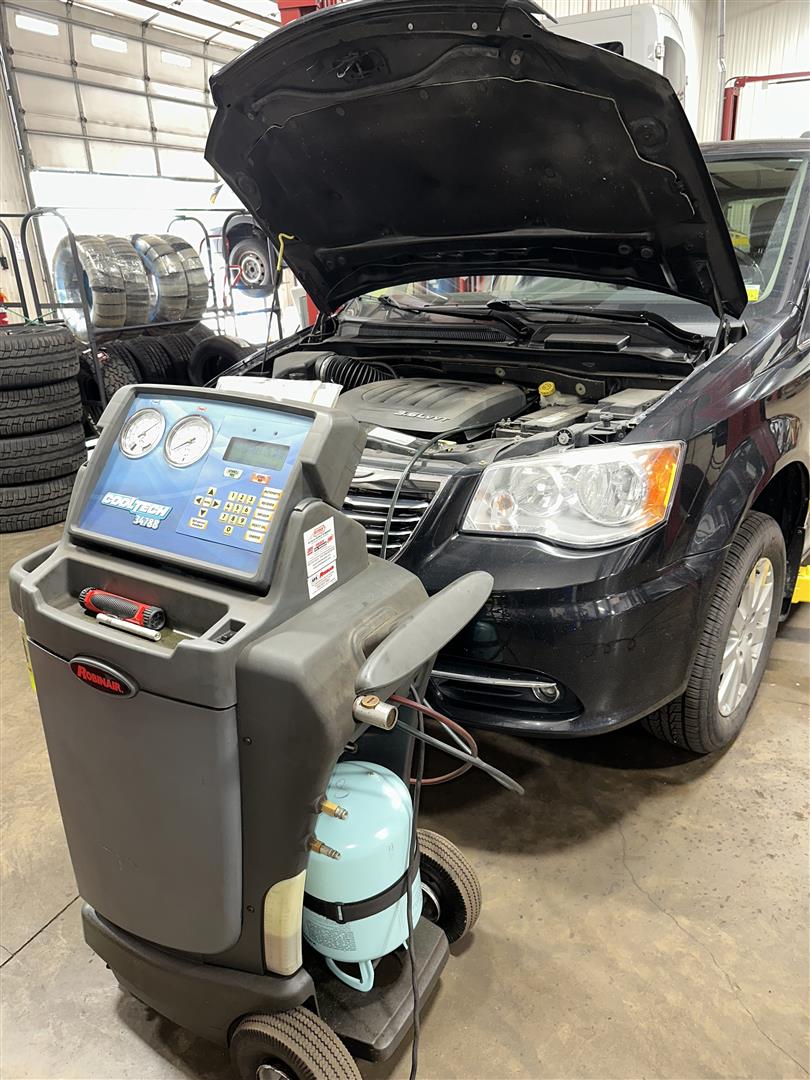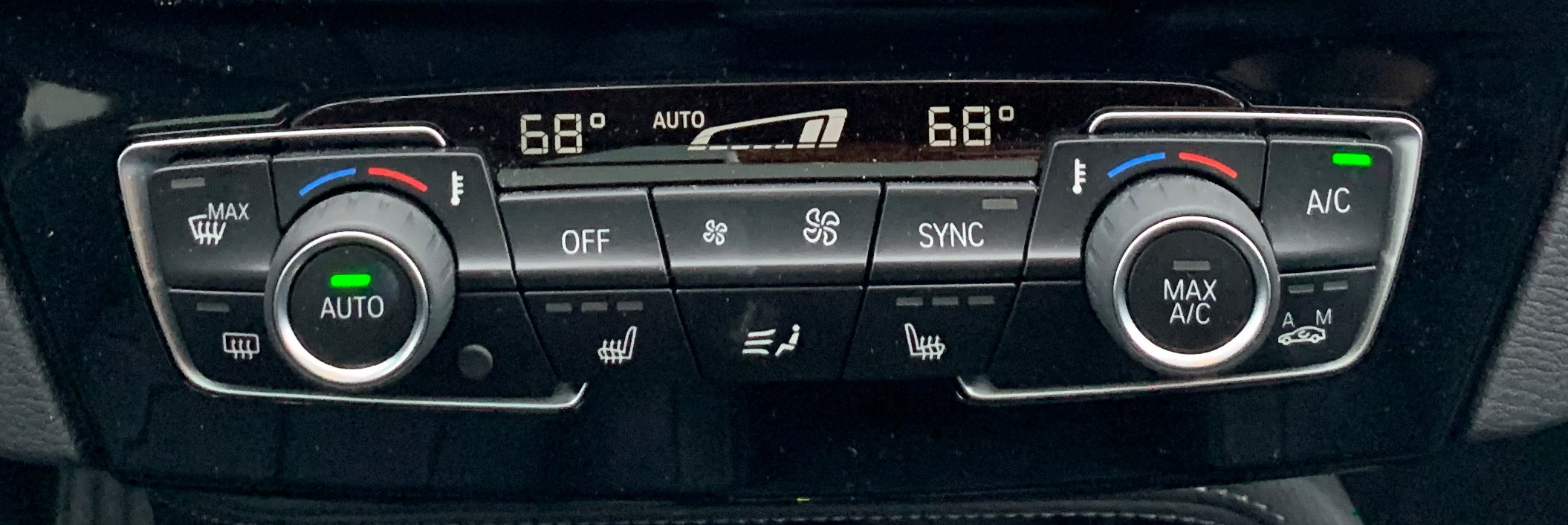Posted on 7/6/2023

When it comes to air conditioning systems, Freon is an integral part. It is the coolant that makes air conditioning possible. But did you know that there are different types of Freon? Specifically, R134a and R1234yf Freon. Learn more about these two types of Freon and the benefits of one over the other. R134a, also known as HFC-134a, has been the industry standard for automotive air conditioning since the 1990s. It’s a hydrofluorocarbon (HFC). A type of synthetic refrigerant that does not contain chlorine. This makes it less harmful to the ozone layer compared to predecessors like R-12. R1234yf, or HFO-1234yf, was introduced in response to environmental concerns over the continued use of HFC-134a. This newer refrigerant is a hydrofluoro olefin (HFO). It has a much lower global warming potential (GWP) compared to HFC-134a. This refrigerant can only be used in ne ... read more
Posted on 2/28/2023

Making the decision to repair or replace your car can be tough. On the one hand, you don’t want to sink too much money into an old car – but on the other, you don’t want to spend more than you have to. Before making any decisions, weighing each option’s pros and cons is important. Let’s break it down for customers looking for guidance. Assessing Your Car’s Condition The first thing to do before deciding whether to fix or get rid of your car is to assess its condition. If your car is newer and still under warranty, many repairs may be covered by the manufacturer. And that makes it easier to decide whether to keep it or not. If it’s an older model, other things need to be taken into account. Consider how much money you have already invested in repairs versus how much longer you think the car will last if fixed again. Inv ... read more
Posted on 5/20/2021

With the extreme high and low temperatures in New York, having functioning heating and air conditioning in your vehicle is a must. As we head into the summer months in Baldwinsville, NY, it is essential to make sure that your car’s air condition (AC) system is ready to cool you down as temperatures rise. But have you ever wondered how your vehicle’s AC system worked? HOW DOES A VEHICLE’S AC WORK? There are several types of automotive AC systems but the two most common types used are the orifice tube and expansion valve systems. The five primary components to a vehicle’s AC system are the compressor, condenser, accumulator (or receiver-drier), orifice tube (or expansion valve), and evaporator. Here is the basic operation of an AC system: Refrigerant: The AC system is filled with a refrigerant gas known as Freon or R134A. Refrigerant has the ability to change from gas to liquid during compression. R134A is the ... read more